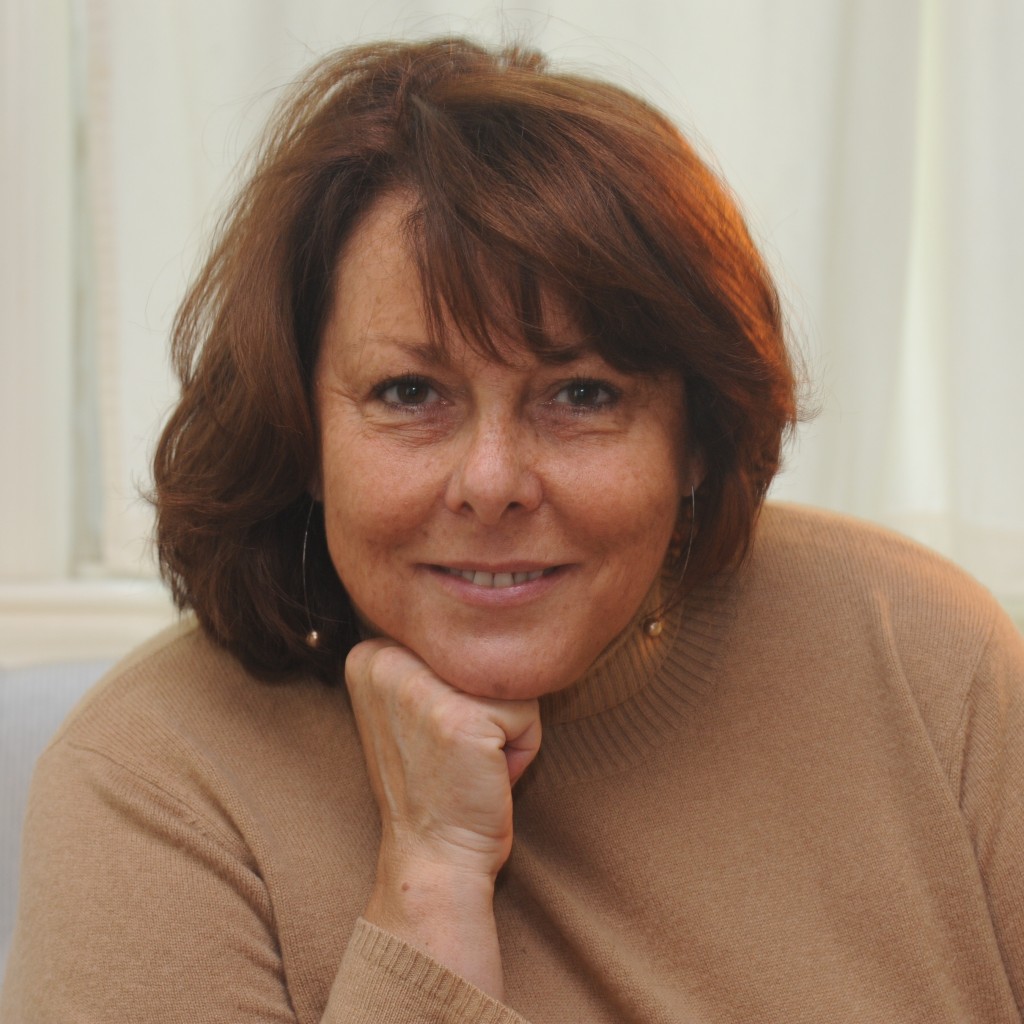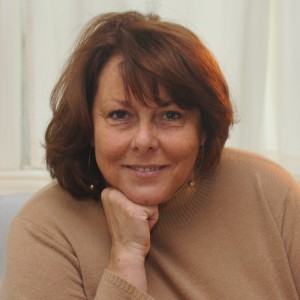
Interview Contributed By: Laura Simon-Sulzer, Certified addiction therapist, Certified coach, CEO of Custom Addiction Recovery Anonymous, LLC
M.A. in addiction disorders. NAADAC (National Association of Addiction Professionals) member. NAPW (National Association of Professional Women) member. AGPA (American Group Psychotherapy Association) member. Employee Assistance Professionals Association (EAPA) member.

-
What drew you to the field of addiction treatment? And how do you feel your background has prepared you for where you are today?
This is my story: I was born in France from an alcoholic father in a dysfunctional family. At 9 years old, I decided I wanted to know what effect alcohol would have on me. I saved my allowance and got a bottle of bad red wine at the grocery store. I stayed in front of the mirror and observed.
At the first drink I had changed and was feeling another, “normal” person. But I couldn’t stop there. I finished the bottle, got sick. That experience did not stop me from drinking more and more all my life. At age 18, I added heroin to my regimen.
As many children with PTSD, I knew better how to deal with dangerous situations and decided I wanted to enroll in the Army. I went to the recruiter and told him I wanted to go to combat. He laughed and offered me a position as a secretary or a nurse.
Of course, I declined. I became a war reporter. Lebanon, Somalia, Iraq, Afghanistan, Serbia and Kosovo among other events I covered. I had become an adrenaline junkie.
I was drinking more and more. Until one day, in 1999, in Chechnya, I realized that for the first time in my career, I was scared to go to the combat zone. I had finally accepted that I had a problem, and wanted help.
I called Richard, an alcoholic in recovery who, for 2 years, had been telling me his story with alcohol and cocaine, and how he became sober and clean. The treatment center was in the U.S.A., Hazelden, MN. A new life was offered to me by the Americans, who are at the cutting-edge for addiction treatment in the world. I owe them my life.
I wanted to stay in the US, was assigned as the correspondent at the White House and Bureau Chief for the Public Radio I was working for.
After 3 years, I dropped that very self-centered environment where egos are in charge, and started studying addiction disorders. I got my Masters and became Board certified.
-
What keep you in this work, day after day?
The 12th and last step of Alcoholics Anonymous states: “Having had a spiritual awakening as the results of these steps, I try to carry the message to other alcoholics, and to practice these principles in all my affairs.” That is what keeps me in the field.
Helping others helps me too. If I were born in the 40s or 50s, I would have finished in a women asylum.
The second reason why I stay in the field is a passion for a study-based practice. We are learning a lot from science. Every discovery, trial, study is a step ahead, an opportunity to help more efficiently.
We now know that nearly 75% of alcoholics and addicts suffer from co-occurring mental disorders such as depression, trauma, bi-polar disorder, anxiety, etc. The way we must treat clients/patient has changed to adjust to this reality.
-
What is your philosophy on addiction treatment? And what do you envision the future of addiction treatment to be like?
The addiction field has transformed and made tremendous progress since the creation of Alcoholics Anonymous in the 30s. We are in a new phase of progress.
My philosophy, and my specialty, is to treat clients with dual diagnosis (addiction and mental health issues). They are homeless, electricians, professors, CEOs of big companies, Congressmen. We have to tailor our treatment according to each diagnosis, need, and financial means.
In many treatment centers I worked in (out- or in-patient), I was sad to see soldiers with PTSD treated exactly like a pregnant woman with addiction to heroin, and the contrary. They were all told that they had a brain disease (which is true), but they had to follow the same standardized program. I am talking here about hospitals that are well-ranked.
I took courses with the Hazelden Foundation and Columbia University on integrative treatment, which associates psychiatrists and therapists toward the same objective: help the suffering addict/alcoholic with presenting him with addiction and mental health.
It is not unusual, even now, to have an addict coming to an addiction counselor office to ask for help and been answered that as long as he is not mentally stable, the therapist cannot help him. The poor slob crosses the street, goes to the psychiatrist who tells him he cannot help him as long as he is still drinking and/or using.
By working in collaboration with addiction psychiatrists proved me right. We obtain much better results.
I founded Custom Addiction Recovery Anonymous, “Custom” for tailored treatment. “Anonymous” because many of my clients do not want to advertise about their disease in their professional environment.
As a therapist, I treat addicts and alcoholics with cognitive behavioral therapy, and Motivational Interview. As a coach, I help them deal with the world when they have lost the grip on reality. It is particularly crucial with clients in early recovery.
I am also a platform of referrals to other professionals such as nutritionists, work force coaches, mediation teachers, physical trainers, etc.
We know now that nutrition is very important in recovery. Alcohol contains a lot of sugar. When detoxified, recovering clients (particularly women) turn to junk-food. They are looking for another kind of high. Sugar triggers the same receptors in our brain that opiates do, and it activates the same neurotransmitters.
Meditation is an option I offer to clients. I firmly believe that we can replace the neuro-pathways (the memory tracks we have created while in active addiction), by new and healthy ones.
As far as exercise, not everybody needs to become an athlete and run a marathon. I think that listening to our bodies is pivotal in recovery. I suggest awareness movement, yoga for some clients, and exercise that fit each body needs.
Actually, addicts and alcoholics have been trying to bury their feelings and emotions by using drugs and alcohol. It is very painful to face them once sober and clean. That explains the high rate of relapse. But our work now is to have our clients feel the pain, listen to their needs, and feed their body and souls with the right personal prescription.
It comes from the inside. Only the clients know what their body and soul need. Treating first the addiction, than the underlying problem is key to a good and long-term recovery.
It is a work in progress. But I now firmly believe that I am lucky to be an alcoholic. Without getting through hell, and discovering the values of a sober life, I would not have such an interesting life now.
